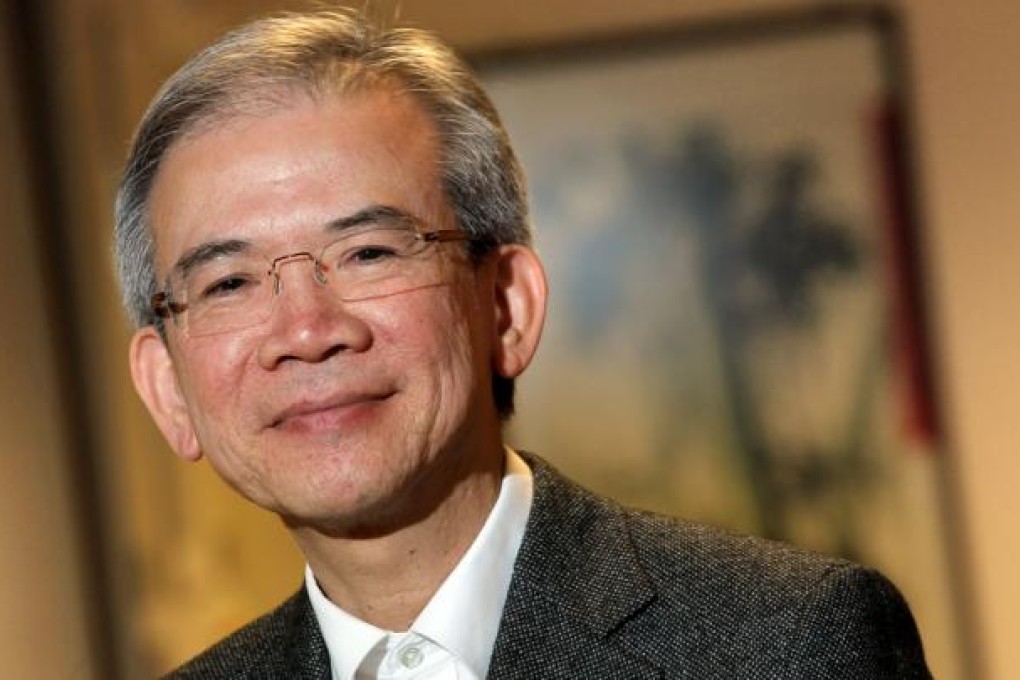Why are gender issues women's work, asks Lam Woon-Kwong
By joining the battle against sexual inequality men could be liberated from stereotypes, too

Over the past three years, I have attended many events to promote gender equality. Yet far too often, as I looked around the room, I found myself asking: "Where are the other men?"
March 8th is the International Women's Day, with this year's theme focusing on "The Gender Agenda: Gaining Momentum". In Hong Kong, we have recently seen some heartening steps on this front, such as the debate on statutory paternity leave.
Yet to maintain the momentum, we need to properly engage both men and women in the conversation about gender equality and the fight against gender-based violence. To do this, we must start at the root of the problem - our stereotypes.
Hong Kong lags behind many developed nations on this front. A 2009 Pew survey found that only 19 per cent of Americans felt women should return to their traditional role of taking care of the family. But in a Women's Commission survey published in 2011, nearly 40 per cent o Hong Kong respondents agreed that a man's "job is to earn money, while [a woman's] job is to do household work and take care of the family".
These traditional gender roles are increasingly at odds with our changing competitive landscape. An Equal Opportunities Commission (EOC) study last year found gender stereotyping negatively affects men, too, especially those from lower-income groups, who construct their identity around their role as the breadwinner. Losing their job can lead to depression and resentment, which puts pressure on gender relations and families.
Stereotyping also contributes to sexual violence, because inappropriate behaviour is brushed off as "boys will be boys". Sexual harassment is a common complaint the EOC receives under the Sex Discrimination Ordinance, with many victims saying they were blamed for the incident because of the way they had dressed. An EOC survey released on March 5th found that fewer male university students than female were able to recognise acts of sexual harassment.
Most men find sexual violence abhorrent, but still far too few would speak out on this matter, and other so-called "women's issues". In fact, gender equality is everyone's issue. And it is time that men start taking ownership of it.